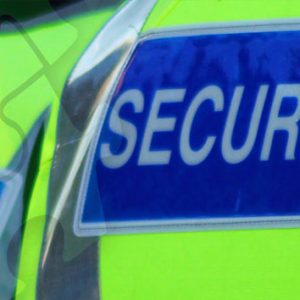Description
Course Overview
Level 3 Certificate in First Person on Scene – International (RQF) qualification is specifically designed for those seeking a career in the emergency services, ambulance services, the event medical sector or those who work in high-risk workplaces.
Successful candidates will gain the knowledge, skills and competencies needed to be able to deal with a wide range of prehospital care emergencies, such as: managing a patient’s airway; catastrophic bleeding; management of fractures; medical emergencies and many more!
What’s more, this Ofqual regulated qualification is clinically endorsed by The Faculty of Pre-Hospital Care -The Royal College of Surgeons of Edinburgh, and fulfils the competencies set out in the Pre-hospital Emergency Medicine (PHEM) skills framework at descriptor level D, meaning learners can book this course with total confidence!
What’s Covered?
- Roles and responsibilities of a first responder
- Medical emergencies
- Patient assessment
- Airway management
- Adult, child, and infant CPR & AED usage
- Emergency oxygen
- Traumatic injuries
- Catastrophic bleeding
- Shock
- Poisoning and intoxicating substances
- External and internal bleeding
- Helmet removal
- Cervical collars and pelvic splints
- Environmental exposure
- Burns and scalds
- Minor injuries
- Incident reporting






